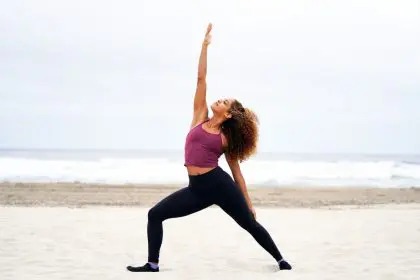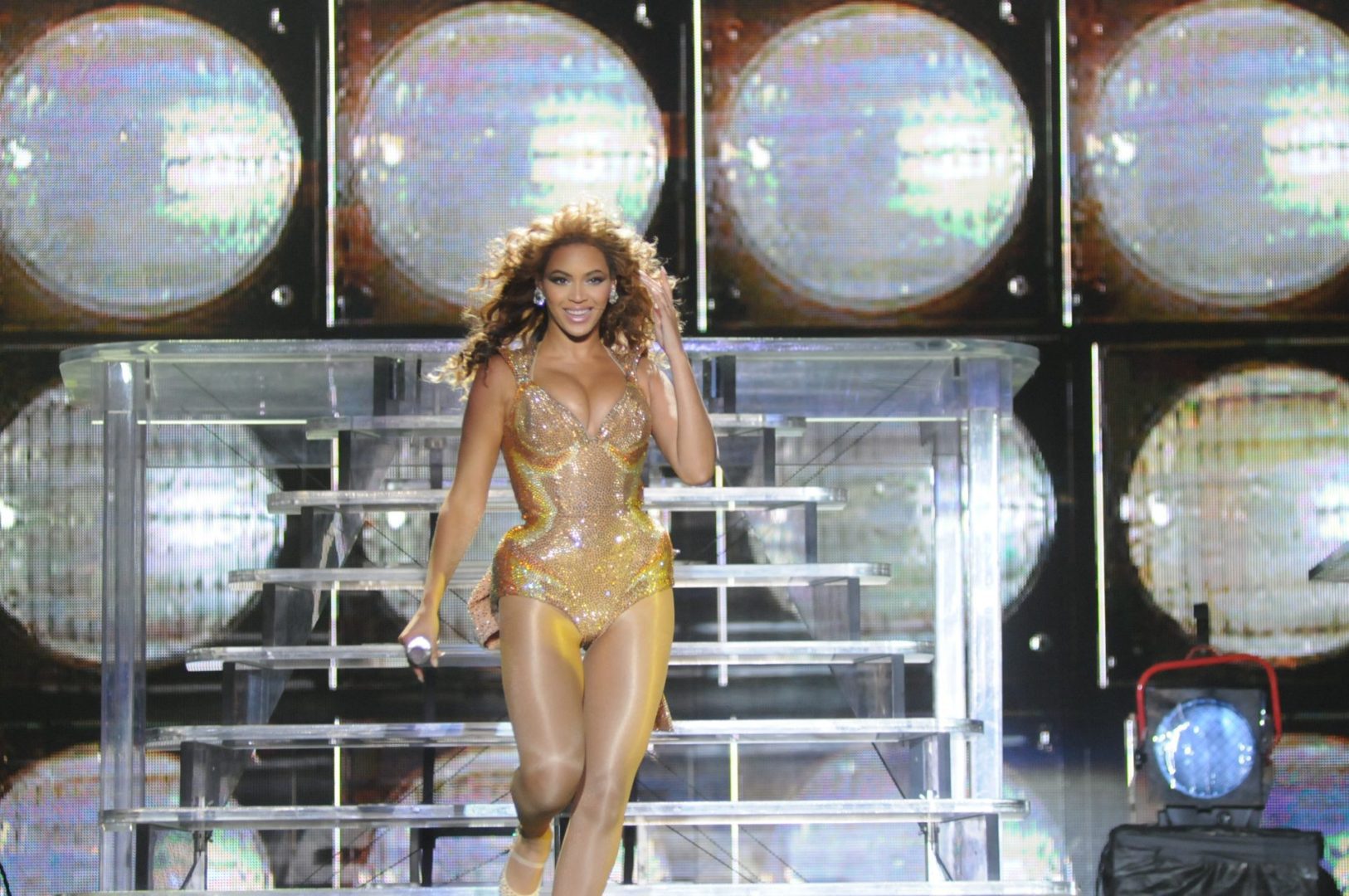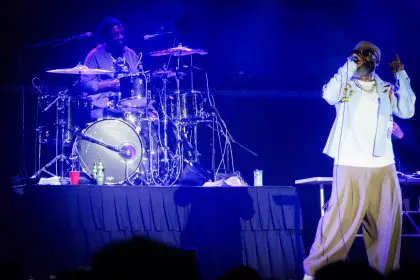Sean “Diddy” Combs finds himself at the center of a brewing courtroom storm as his legal team mounts an aggressive challenge against what they characterize as prosecutorial overreach. The entertainment mogul’s attorneys have petitioned for a mistrial, alleging that government prosecutors knowingly presented false testimony that could irreparably damage their client’s chances of receiving a fair trial.
The motion, filed in federal court, represents a significant escalation in what has already proven to be one of the most closely watched celebrity criminal cases in recent memory. As the proceedings continue, the stakes have never been higher for the hip-hop icon whose empire spans music, fashion, and media.
Allegations that sparked the controversy
The current legal battle centers around testimony related to a September 2016 incident that prosecutors claim occurred at a Los Angeles apartment. According to government witnesses, Diddy allegedly engaged in threatening behavior toward Bryana Bongolan, a friend of his then-girlfriend Cassie Ventura, during what began as an unannounced visit.
Bongolan’s testimony painted a disturbing picture of the encounter, describing how she claims Diddy became increasingly agitated before allegedly dangling her over a balcony. The witness testified that she sustained injuries after being thrown onto patio furniture, providing photographs to support her claims.
However, the defense has systematically dismantled key elements of this narrative, presenting evidence that challenges both the timeline and the physical possibility of the alleged events.
Defense strikes back with evidence
Lead defense attorney Alexandra Shapiro has constructed a methodical counterattack against the prosecution’s case, focusing on what she describes as materially false testimony that has unfairly prejudiced the jury. The defense team’s investigation revealed that Diddy was actually in New York City on the date Bongolan specified, staying at the Trump Hotel and attending documented events.
Travel records, hotel receipts, and photographic evidence from social media posts have created what the defense argues is an ironclad alibi that contradicts the witness’s timeline. This evidence forms the backbone of their mistrial motion, which contends that prosecutors either knew or should have known about these inconsistencies before presenting the testimony to jurors.
The defense has also questioned the physical plausibility of Bongolan’s account, noting that the described actions would be extremely difficult given Diddy’s stature and the dimensions of the balcony railing involved.
Witness credibility under microscope
The credibility challenges extend beyond timeline discrepancies to encompass what the defense characterizes as contradictory statements from key witnesses. Cassie Ventura initially testified that she witnessed the alleged incident firsthand, providing what prosecutors portrayed as corroborating evidence of the defendant’s behavior.
However, text messages subsequently introduced by the defense appear to contradict Ventura’s testimony, suggesting that her knowledge of the incident came secondhand rather than through direct observation. Despite this contradiction, Ventura maintained her original testimony when questioned by defense attorneys.
The defense has also highlighted Bongolan’s pending civil lawsuit against their client, arguing that this financial incentive could have motivated exaggerated or fabricated testimony. This element adds another layer of complexity to an already intricate legal puzzle.
Diddy strategy focuses on government overreach
The defense team’s approach reflects a broader strategy that positions their client as the victim of prosecutorial misconduct rather than simply challenging the specific allegations. By focusing on what they characterize as the government’s failure to properly vet witness testimony, Shapiro and her colleagues are attempting to shift the narrative from the underlying criminal charges to questions about the integrity of the prosecution itself.
This tactic represents a high-risk, high-reward approach that could either result in a mistrial or potentially backfire if the judge determines that the defense is overreaching in their accusations against the government.
Implications for celebrity justice
The case has drawn significant attention not only because of Diddy‘s celebrity status but also because it highlights broader questions about how the justice system handles cases involving high-profile defendants. Legal experts have noted that celebrity criminal trials often become theaters where issues of wealth, power, and privilege intersect with fundamental questions about equal treatment under the law.
The prosecution’s case relies heavily on witness testimony that the defense has systematically challenged, creating a situation where jurors must weigh competing narratives about events that allegedly occurred years ago. This dynamic is complicated by the media attention surrounding the case and the various civil lawsuits that have emerged in parallel with the criminal proceedings.
What comes next
As the court considers the defense’s mistrial motion, both sides are preparing for what could be a prolonged legal battle regardless of the judge’s decision. If the mistrial motion is denied, the case will likely proceed with continued focus on witness credibility and the strength of the prosecution’s evidence.
The outcome of this motion could significantly impact the trajectory of the entire case, potentially forcing prosecutors to reconsider their strategy or providing the defense with additional ammunition for their client’s ultimate defense. For Diddy, the stakes extend far beyond the courtroom, as the proceedings threaten to overshadow a decades-long career that has made him one of the most influential figures in contemporary entertainment.
The legal community will be watching closely as this case continues to unfold, particularly given its potential implications for how similar cases involving celebrity defendants and witness credibility challenges are handled in the future.
















